

HEALTH
YENDI: NORDESO holds community durbar to address nutrition issues

Date Created : 8/1/2017 2:21:57 AM : Story Author : Imoro T Ayibani/Ghanadistricts.com
The durbar also form part of the activities of the 'Voice for Change' partnership project currently under implementation in the Yendi Municipality in the area of Food security, Nutrition and post-harvest losses.
Mr. Mansu Jacob, the Director of Programmes of NORDESO in his address at the durbar said the purpose was to organize and create the awareness among the people of Kolmagdo to demand for accountability and better service delivery from the Yendi Municipal Assembly in the areas of Sustainable Nutrition for All and Post-Harvest Loss (PHL).
He reiterated the urgent need for community members to use the available social accountability mechanisms in their demand for better service delivery in these areas. “Demanding for better service delivery should be non-confrontational but in an organized and 'win-win' approach”, he emphasized.
Briefing the media at the durbar on the choice of the community, Mr. Jacob Mansu said Kolmadgo was selected at the instance of the baseline study in which they were least rated in terms of access to these services.
On the effects of malnutrition on Ghanaians, he said nationally three (3) out of ten (10) women, and eight (8) out of ten (10) children under five years suffer from some form of malnutrition such as stunting (short for age), wasting (low weight for height), anaemia and differences in iron, iodine and vitamin A. He noted that the durbar was part of the advocacy processes to whip up communities interest in demanding for accountability and better service delivery from the Assembly in the area of Sustainable Nutrition for All and Post Harvest Loss.
On the vulnerable group such as women and children who are usually worst hit by malnutrition, he said four (4) out of ten (10) between 14% – 15% of women, and 8% of children in Ghana were anaemic. He added that 19% of children in Ghana were stunted of which 5% were severely stunted while 11% were underweight of which 2% were severely underweight.
On Post-Harvest Loss, Mr. Mansu said Rice recorded 27%, 60% for Yam and 18% for Maize in Ghana. He stressed that Yendi Municipality was noted for the production of these key crops, therefore, suffers same fate of losses.
The Municipal Nutrition Officer for Yendi Health Directorate Mr. Mark Atooby in his brief speech said over 80% of pregnant women and children under age five who reported at the Yendi Municipal Hospital were aneamic. He bemoaned that the stunting incidence of Yendi because of malnutrition was at 38%, high above the Northern Regional rate of 31.1%.
Mr. Eilikpem Johnson the Assembly Member of Gnani Electoral Area pledged his support to lead the campaign in demanding for better service delivery in the project intervention areas using the existing strategies of civic engagement with the Yendi Municipal Assembly. He lamented that large quantities of yam go rotten each year because of poor and lack of the technology to preserve yam for longer period. He advised his electorate to disassociate politics from community development interventions.
Kolmagdo-Bor Ubor Gmayenaam Taayang, the chief of the community who chaired the occasion called for Agriculture Extension services to be intensified to help curb high post-harvest loses in the community. The chief hinted that the community was ready to co-operate and support the implementation of the project.
The project is managed by SNV- Netherlands Development Organization in collaboration with the International Food Research Policy Institute (IFPRI) and funded by the Dutch Ministry of Foreign Affairs.
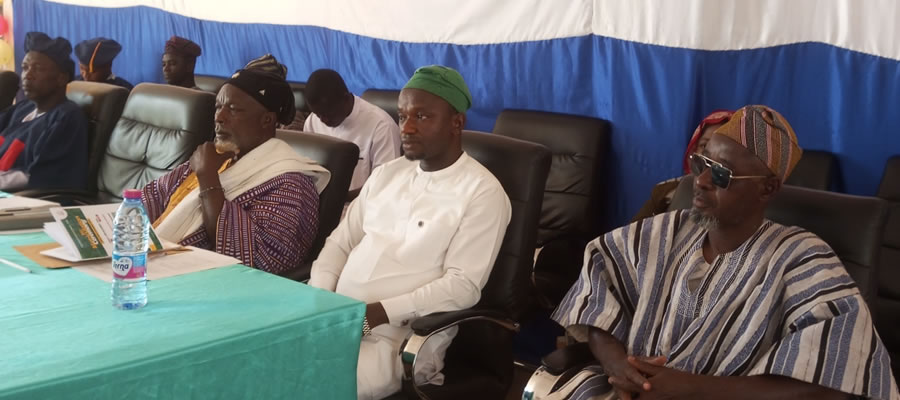
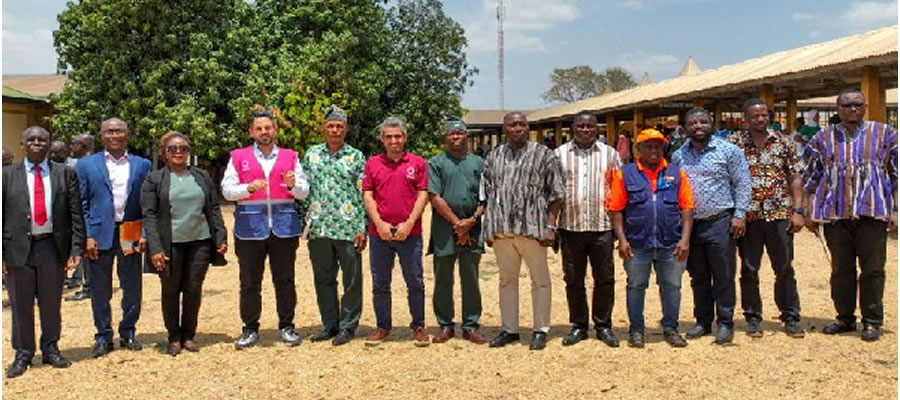

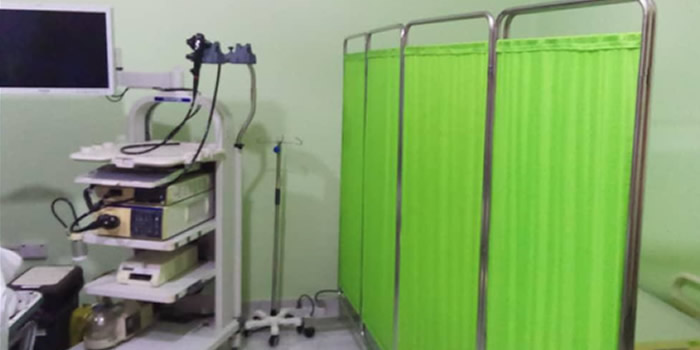



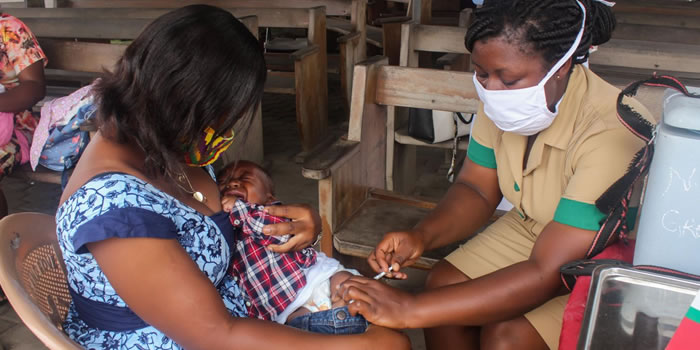
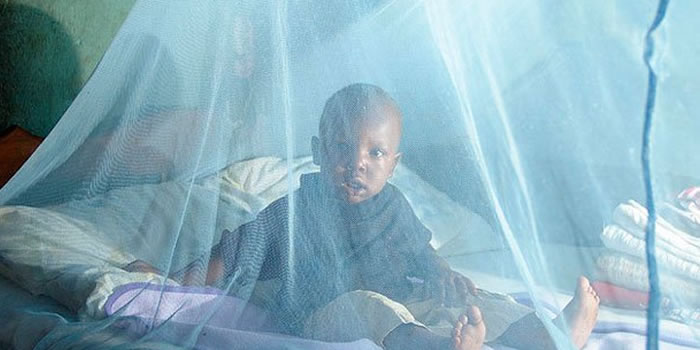

 facebook
facebook
 X
X
 Youtube
Youtube
 instagram
instagram
 +233 593 831 280
+233 593 831 280 0800 430 430
0800 430 430 GPS: GE-231-4383
GPS: GE-231-4383 info@ghanadistricts.com
info@ghanadistricts.com Box GP1044, Accra, Ghana
Box GP1044, Accra, Ghana